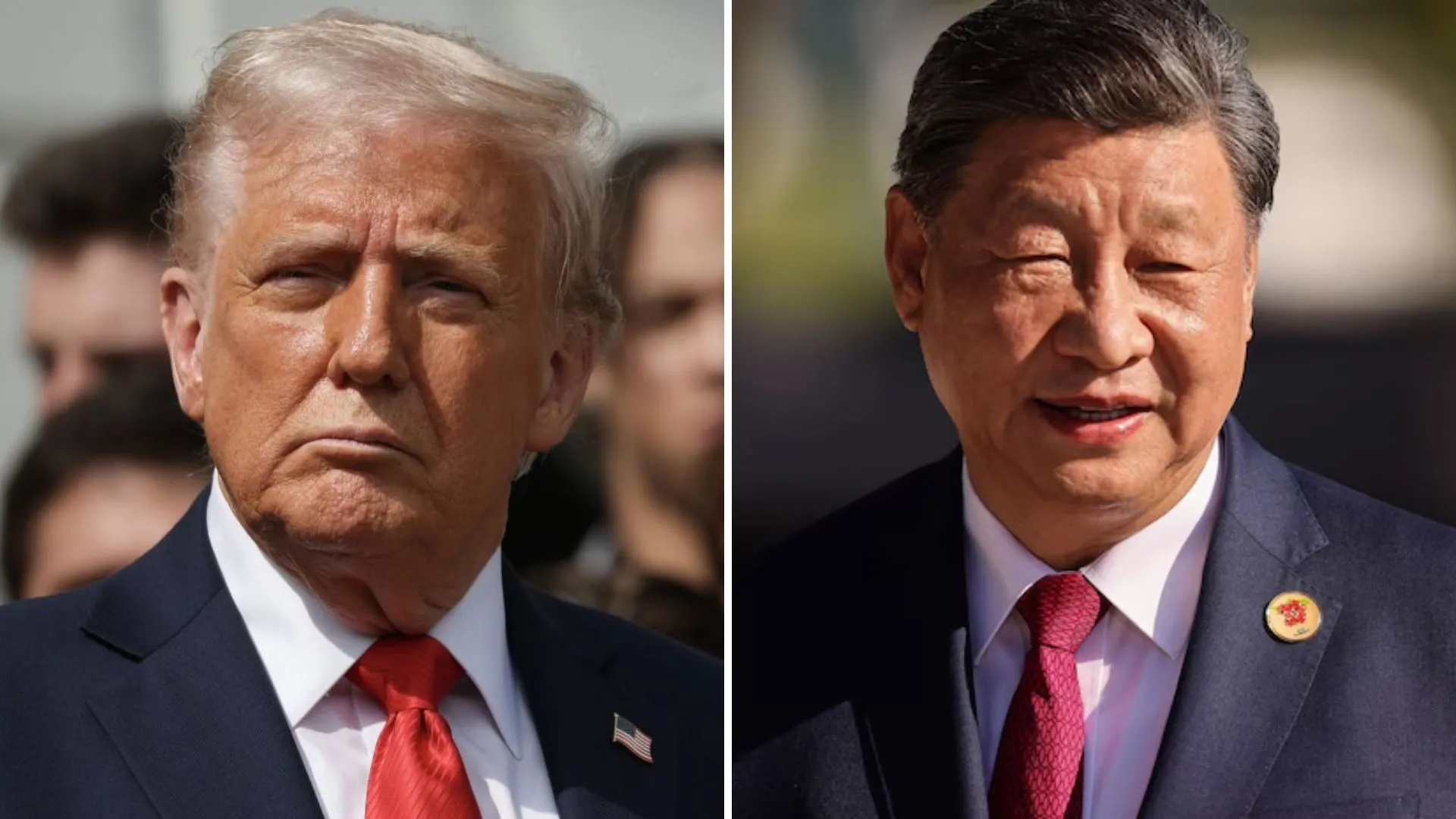The United States has imposed tariffs as high as 245% on imports from China due to the latter’s retaliatory measures, as confirmed by the White House on Tuesday. This latest move in the ongoing trade war between the two countries signals an intensification of the economic conflict.
In addition to the tariff hikes, President Donald Trump has initiated an investigation into the national security threats posed by the US’s dependence on imported critical minerals.
These minerals, including cobalt, lithium, nickel, and rare-earth metals, are crucial for manufacturing items like electric vehicle batteries. According to the US government, the country’s reliance on foreign sources of these materials puts its national security at risk and makes the supply chain vulnerable to significant disruptions.
The maximum tariff the US places on China is 245%.
Advertisement · Scroll to continueEach specific tariff is designed to benefit American interests. pic.twitter.com/SSQ6dN0Xqd
— Dr Russell McGregor (@KillAuDeepState) April 16, 2025
Confusion Around the 245% Tariff
The announcement of a 245% tariff has caused some confusion. Although not officially confirmed by the US, it is believed that this figure refers to the cumulative amount of tax that could be applied to Chinese goods entering the United States, indicating a substantial increase from the earlier tariffs of 145%.
On Wednesday, April 16, Chinese officials expressed concerns over the impact of the US tariffs, describing the situation as putting significant pressure on their economy.
However, China’s first-quarter growth outperformed expectations, with the economy expanding by 5.4%. Industrial output rose by 6.5%, and retail sales grew by 4.6% year-on-year. Despite this positive data, China cautioned that the global economic environment was becoming increasingly complex, urging more measures to foster growth and consumption.
In response to the tariffs, China accused the US of “blackmailing” and called for dialogue based on mutual respect, equality, and benefit. Lin Jian, a Chinese spokesman, stated that if the US truly desires to resolve the issues through negotiation, it must stop using aggressive tactics and engage with China on equal terms.
President Trump has repeatedly emphasized that China needs to take the first step toward negotiations, saying, “The ball is in China’s court.” He criticized Beijing for not honoring a significant deal with Boeing and reiterated his belief that the US does not need to make concessions to China in trade talks.
Trump’s Trade Vision: Tariffs to Boost US Manufacturing
Trump has long argued that imposing higher tariffs on countries like China, India, and Brazil would force them to reduce their tariffs on American goods. This approach, central to Trump’s re-election campaign, is designed to strengthen the US manufacturing sector, which he claims has been stifled by unfair foreign trade practices. As part of this strategy, he imposed a series of tariffs, including a 20% “fentanyl tax” on China for its failure to curb the production of the deadly drug, and a 125% tariff on Chinese goods for “unfair trade practices.”
US-China Tariff Exchanges and Global Impact
By April 9, the total tariffs on Chinese imports had surpassed 100%, leading to a decline in global markets. In response, China imposed its own tariffs on US products like sorghum, poultry, and bonemeal and restricted trade with 27 American companies.
The World Trade Organization (WTO) has warned that the ongoing tariff war could have severe consequences for global trade, forecasting a 0.2% drop in world merchandise trade for 2025, with the possibility of an even sharper decline if the situation worsens.
China Seeks Support from India and the EU
As tensions rise, China has reached out to India and the European Union to form alliances against US trade practices. China’s Foreign Minister Wang Yi called on India and China to “make the elephant and dragon dance” and lead the charge against US “hegemonism” and power politics. Additionally, China has called on the European Union to unite with them in resisting the US’s “unilateral bullying” to protect international fairness and justice.























